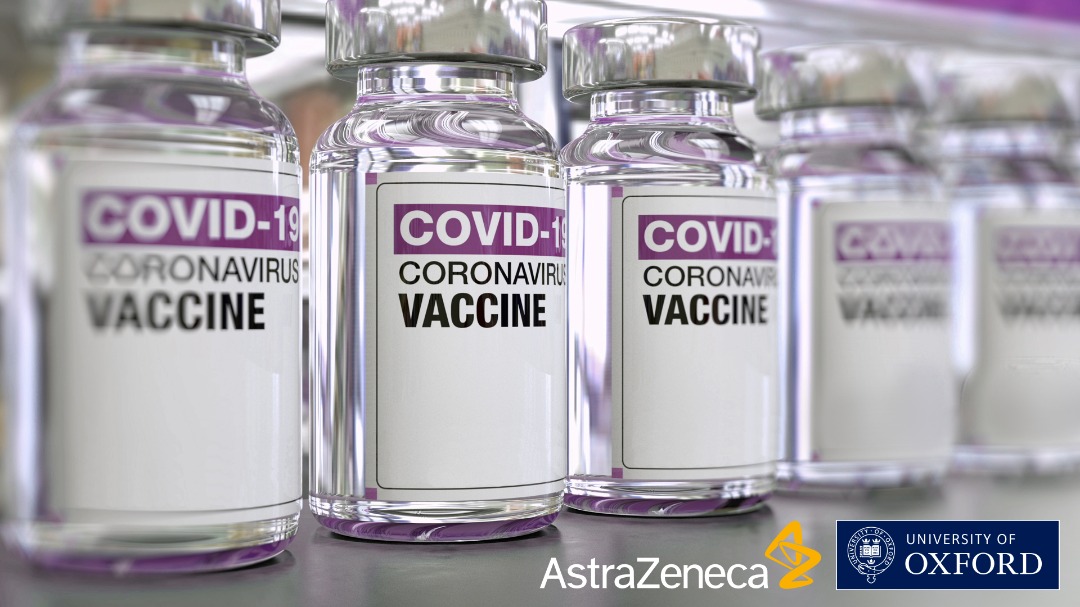KUALA LUMPUR, April 16 — The risk of blood clotting is eight to 10 times higher following Covid-19 infection compared to coronavirus vaccines, an Oxford University study found.
Oxford scientists also said that Covid-19 patients are 100 times more likely to develop blood clots in the brain, known as cerebral venous thrombosis (CVT).
The study, which looked at more than 500,000 Covid-19 patients, found that CVT occurred in 39 in one million patients. Thirty per cent of these CVT cases occurred in Covid-19 patients below the age of 30.
In comparison, CVT reportedly occurred in about five in one million people after they received their first doses of the AstraZeneca-Oxford’s Covid-19 vaccine.
CVT occurred in four in one million people after receiving a Covid-19 mRNA vaccine, either the Pfizer-BioNTech or Moderna shot, based on a sample of over 480,000 people who took an mRNA vaccine.
Hence, the risk of CVT from Covid-19 is about eight times higher than with the AstraZeneca vaccine, and about 10 times greater than with mRNA vaccines.
AstraZeneca-Oxford’s coronavirus vaccine uses a chimpanzee adenovirus vaccine vector, whereas mRNA vaccines use messenger RNA technology.
“We’ve reached two important conclusions. Firstly, Covid-19 markedly increases the risk of CVT, adding to the list of blood clotting problems this infection causes.
“Secondly, the Covid-19 risk is higher than we see with the current vaccines, even for those under 30; something that should be taken into account when considering the balances between risks and benefits for vaccination,” said Paul Harrison, professor of psychiatry and head of the Translational Neurobiology Group at the University of Oxford, one of the study’s lead authors.
Dr Maxime Taquet, another of the study’s lead authors who is also from the Translational Neurobiology Group, said “the signals that COVID-19 is linked to CVT, as well as portal vein thrombosis – a clotting disorder of the liver – is clear, and one we should take note of.”
They stressed that all comparisons must be interpreted with caution since data is still being gathered.
European Union’s (EU) drug regulator, the European Medicines Agency (EMA), recently announced a possible link between the AstraZeneca vaccine and rare blood clots, but said Covid-19 carries a much higher risk of death.
However, Denmark recently dropped the AstraZeneca shot from its Covid-19 vaccine rollout, the first European nation to do so amid fears of rare cases of blood clots. BBC reported that two cases of thrombosis were reported in Denmark, including a fatal one in a 60-year-old woman.
The US, South Africa, and EU have paused rollouts of Johnson & Johnson’s Covid-19 vaccine, an adenovirus vaccine like AstraZeneca, after reports of rare but severe blood clots known as cerebral venous sinus thrombosis (CVST). The US’ Food and Drug Administration reportedly said six CVST cases were detected in more than 6.8 million doses of Johnson & Johnson’s vaccine, one of whom died. All six are women aged between 18 and 48.








